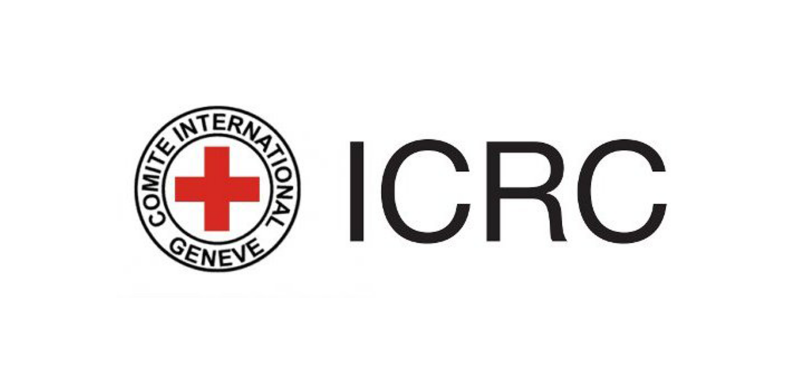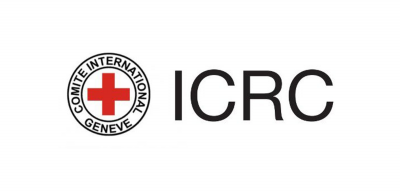The International Committee of the Red Cross reported that "survivors of the massive earthquake that struck northwestern Syria are facing devastating challenges that threaten public health as a result of the disaster, which has caused further damage to the country's already dilapidated water system, adding a new burden and increasing fears of its potential collapse." The committee explained in a statement that "the water system in Aleppo has been under increasing pressure, starting from the ongoing conflict for the past twelve years, and then compounded by the earthquake, with more residents now relying on the same system to meet their water needs after losing their homes in the earthquake. Additionally, the direct damage to infrastructure facilities has reduced system efficiency and increased the risk of water contamination."
It added: "The earthquake destroyed many water tanks on rooftops, increasing pressure on the water networks, and parts of the sewage network in the city, which had already suffered severe damage before and during the conflict, have collapsed, exacerbating the needs in a country struggling to cope with the effects of a conflict that has lasted over a decade." Fabrizio Carboni, the Director of Operations for the International Committee for the Near and Middle East, who oversees humanitarian response operations to the earthquake's aftermath, noted that "the increased likelihood of dire consequences for the public health sector as an indirect effect of the earthquake is alarming, as any emergence of new health consequences such as the spread of infectious diseases would be a disaster for the country."
Carboni said: "People are sharing food, water, and clothing. However, the scale and gravity of the new needs in the affected areas and across Syria require more assistance. Finding sustainable solutions to support basic infrastructure is vital for public health, particularly for local communities that humanitarian agencies find difficult to access." To support these communities, which live in areas like Idlib where living conditions are catastrophic and needs are immense, the International Committee calls on all parties to the conflict to "set political considerations aside and facilitate humanitarian work so that relief can be provided to those in need, regardless of the means."
Thousands of people have sought temporary shelter after the earthquake, leading to a deterioration in living conditions and sanitation in Aleppo, Hama, and Latakia. In one temporary shelter in Aleppo, 850 people share seven toilets. In another place, previously a cement factory, children play ball near areas contaminated with unexploded ordnance.
On the morning of the earthquake, International Committee teams delivered medical supplies to hospitals in Aleppo just hours after the disaster struck. Since then, more than 57,000 people in the affected areas have benefited from health assistance provided by the International Committee and the Syrian Arab Red Crescent. The International Committee has provided water to residents in six shelters in Aleppo and has delivered relief assistance to more than 30,000 people, including food and essential supplies.
In 2022, the International Committee supported the rehabilitation of 32 water facilities across the country, benefiting over 17 million people throughout Syria from various water-related activities. In recent years, the committee, in collaboration with the Syrian Arab Red Crescent, has implemented thousands of engineering projects to improve water and sanitation networks in various regions of Syria, aiming to provide sustainable support for local service providers to mitigate the deterioration of services in the country.




